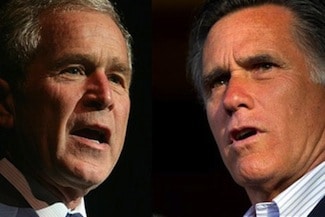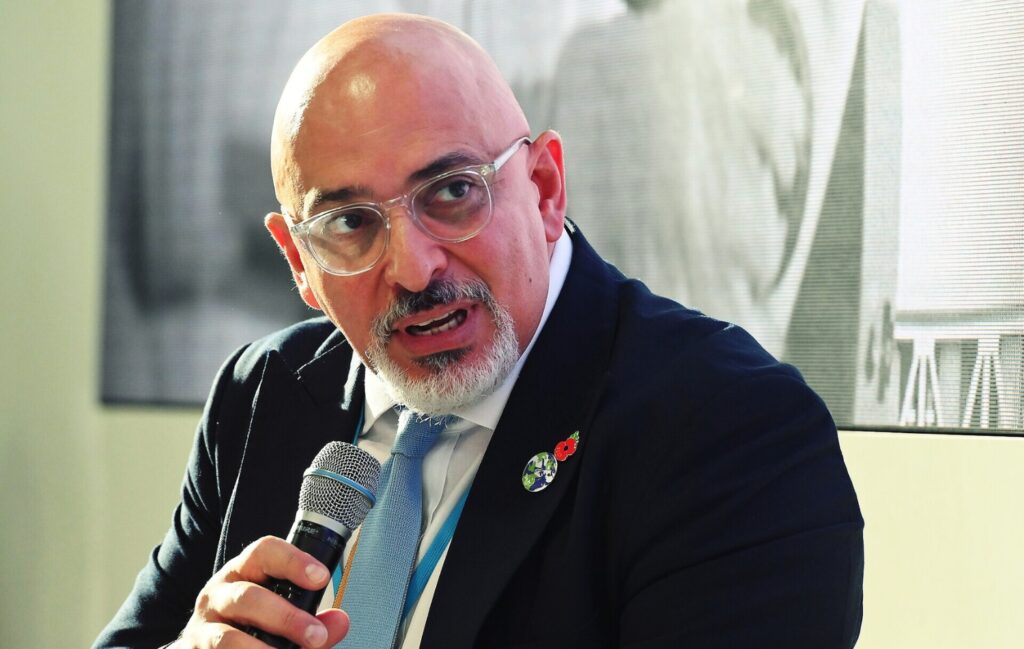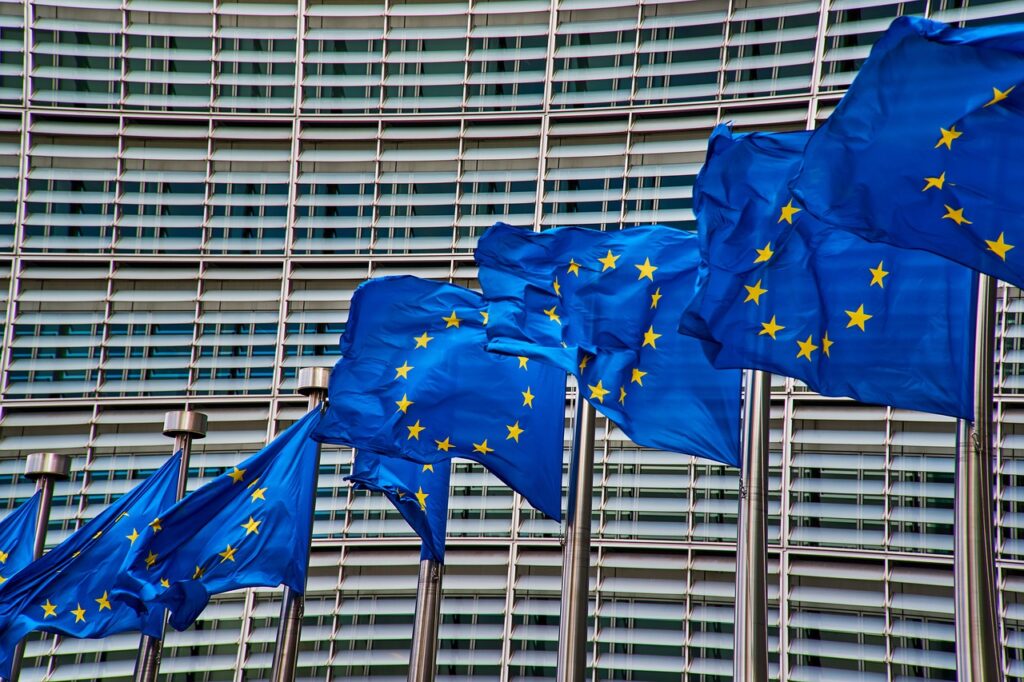In the last few months, the press has been drawing a lot of parallels between presumptive Republican presidential nominee Mitt Romney and former Republican President George W. Bush. And they have plenty of reasons for doing so. Romney has already tapped many of the same Bush economic and foreign policy advisers, and rumors were swirling earlier this year that Romney would tap Bush’s energy advisers as well.
As it turns out, those rumors are true.
Climate Progress has compiled a list of people who have been tapped, or will likely be tapped, by Romney for his energy team. The roster is a virtual “Dream Team” of dirty energy industry representatives from the coal industry, the shale gas industry, the oil industry, mountaintop removal mining companies, and lobbyists – all of whom were close advisers and friends of George W. Bush.
The most terrifying name on the list is American Petroleum Institute president Jack Gerard. Climate Progress points out that Gerard has been a longtime supporter of Romney, and that Romney considers Gerard a close, personal friend. Gerard’s stated goals, goals that we have to assume he’ll pressure Romney to fulfill, include placing an oil lobbyist in every district in America, opening up all federal lands for oil drilling, and removing many existing safety regulations.
The pick for Romney’s chief energy adviser is Harold Hamm, the head of oil-shale company Continental Resources. As the 78th richest man in the world, Hamm already has a significant amount of power, but being a chief adviser to the President of the United States would give him all the power he needs. His top priority, and the priority he says a Romney administration would approve immediately, is the Keystone XL pipeline, which would provide a gigantic financial benefit for Hamm.
Then we have Tom Farrell from the coal industry, a Romney campaign adviser, who wants to roll back the Clean Air Act and restrict the EPA from regulating harmful mercury emissions.
David Wilkins, a tar sands lobbyist, handles Canadian oil issues for the Romney campaign. He is also a card-carrying member of ALEC, who has worked to create special legal loopholes for lobbyists to push anti-environmental bills.
Rounding out the team are lobbyists Linda Stuntz, Jeffrey Holmstead, Greg Mankiw, and Jim Talent, all working on behalf of sectors within the dirty energy industry. Collectively, they have pushed for approval of the Keystone XL pipeline, opening federal lands to drilling (including offshore drilling in protected areas), and reducing pollution controls and taking away what little power the EPA has left to wield.
Romney has already proposed plans that would greatly benefit the industries from which his advisers came from, including an expansion of the oil industry tax breaks and subsidies, effectively raising the annual giveaway to about $8 billion a year (up from an estimated $4 billion a year). His tax break plan would give another $2.3 billion to the top five oil companies alone.
On top of that tax giveaway, Romney has also proposed a plan that would exempt income made overseas from U.S. taxes, which would be an enormous boon to the oil industry. Last year alone, Exxon, Chevron and ConocoPhillips made a combined $76 billion overseas, and under Romney’s plan, they could bring that money back into the U.S. without having to pay a dime in taxes.
And at the same time he’s proposing these huge gifts to the dirty energy industry, he’s also touting a plan that would strip tax credits away from renewable energy projects, specifically the production tax credit for wind energy. Not only would this cripple that renewable energy sector, it would also cost the U.S. an estimated 37,000 jobs that are funded by that tax credit.
As I pointed out in part 2 of this series, Romney’s environmental policies as governor of Massachusetts were surprisingly progressive. But when he made the decision to run for national office, his policies fell more in line with the far right of the Republican Party, not unlike Senator John McCain during his bid for the Republican nomination. The fact that Romney is looking to the same energy advisers that served President Bush shows that his policies will likely shift even further, becoming almost indistinguishable from those of the dirty energy industry.
History is the best lesson for the future, and going forward, Mitt Romney needs to remember one very important number: 22. That was the percent of the American population that approved of George W. Bush when he left office, the lowest approval rating upon leaving office in the history of American presidential polling. If Romney chooses the same path as Bush, he could easily be looking at similar poll numbers in the very near future.
Subscribe to our newsletter
Stay up to date with DeSmog news and alerts






